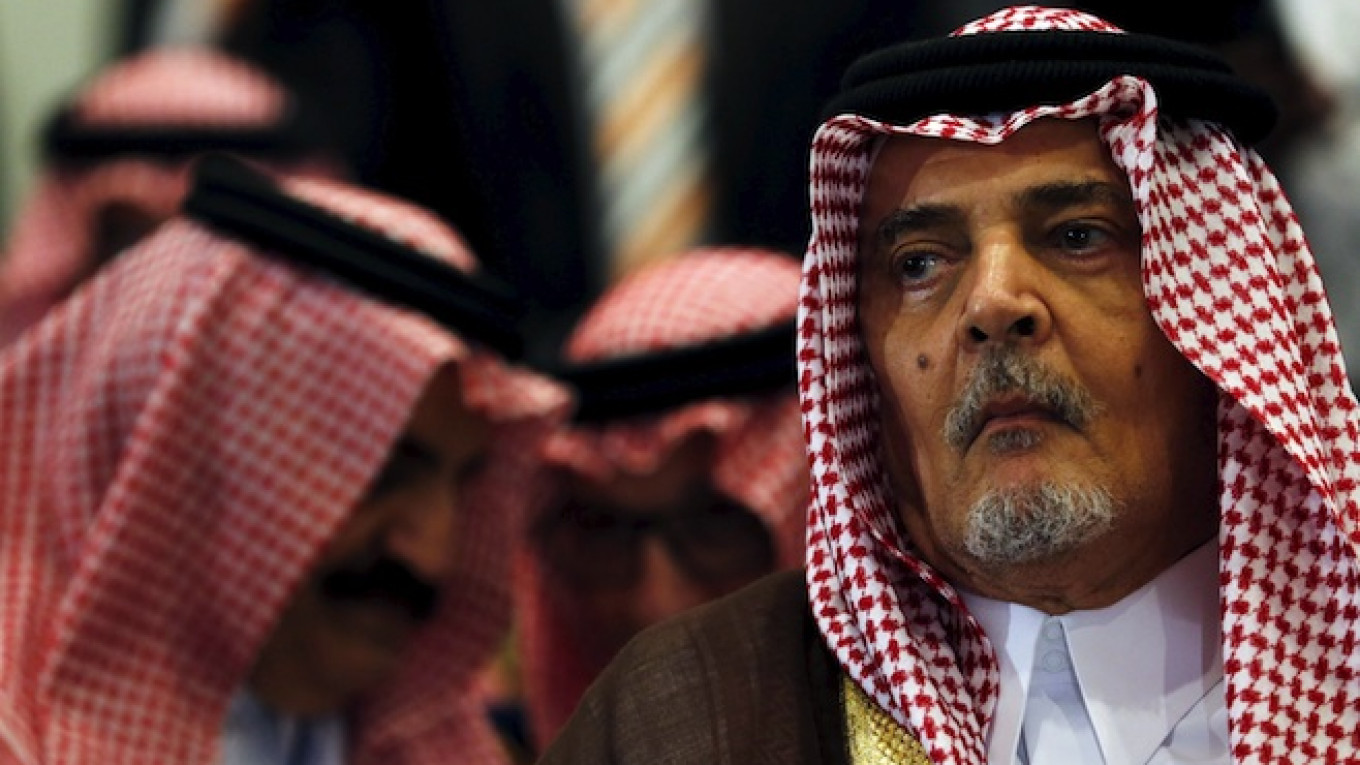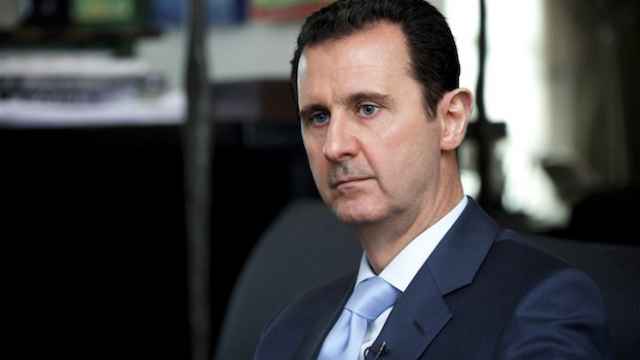SHARM EL-SHEIKH, Egypt — Saudi Arabia accused Russian President Vladimir Putin of hypocrisy on Sunday, telling an Arab summit that he should not express support for the Middle East while fueling instability by supporting Syrian leader Bashar Assad.
In a rare move, Egyptian President Abdel Fattah al-Sisi announced that a letter from Putin would be read out to the gathering in Egypt, where Arab leaders discussed an array of regional crises, including conflicts in Syria, Yemen and Libya.
"We support the Arabs' aspirations for a prosperous future and for the resolution of all the problems the Arab world faces through peaceful means, without any external interference," Putin said in the letter.
His comments triggered a sharp attack from Saudi Foreign Minister Prince Saud al-Faisal.
"He speaks about the problems in the Middle East as though Russia is not influencing these problems," he told the summit right after the letter was read out.
Relations between Saudi Arabia and Russia have been cool over Moscow's support for Assad, whom Riyadh opposes. The civil war between Assad's forces and rebels has cost more than 200,000 lives in four years.
"They speak about tragedies in Syria while they are an essential part of the tragedies befalling the Syrian people, by arming the Syrian regime above and beyond what it needs to fight its own people," Prince Saud said.
"I hope that the Russian president corrects this so that the Arab world's relations with Russia can be at their best level."
The Saudi rebuke may have been awkward for summit host Egypt, which depends heavily on billions of dollars in support from Saudi Arabia and other Gulf Arab allies, but has also improved ties with Moscow.
In February, Putin received a grand welcome in Egypt, signaling a rapprochement.
A Message from The Moscow Times:
Dear readers,
We are facing unprecedented challenges. Russia's Prosecutor General's Office has designated The Moscow Times as an "undesirable" organization, criminalizing our work and putting our staff at risk of prosecution. This follows our earlier unjust labeling as a "foreign agent."
These actions are direct attempts to silence independent journalism in Russia. The authorities claim our work "discredits the decisions of the Russian leadership." We see things differently: we strive to provide accurate, unbiased reporting on Russia.
We, the journalists of The Moscow Times, refuse to be silenced. But to continue our work, we need your help.
Your support, no matter how small, makes a world of difference. If you can, please support us monthly starting from just $2. It's quick to set up, and every contribution makes a significant impact.
By supporting The Moscow Times, you're defending open, independent journalism in the face of repression. Thank you for standing with us.
Remind me later.






